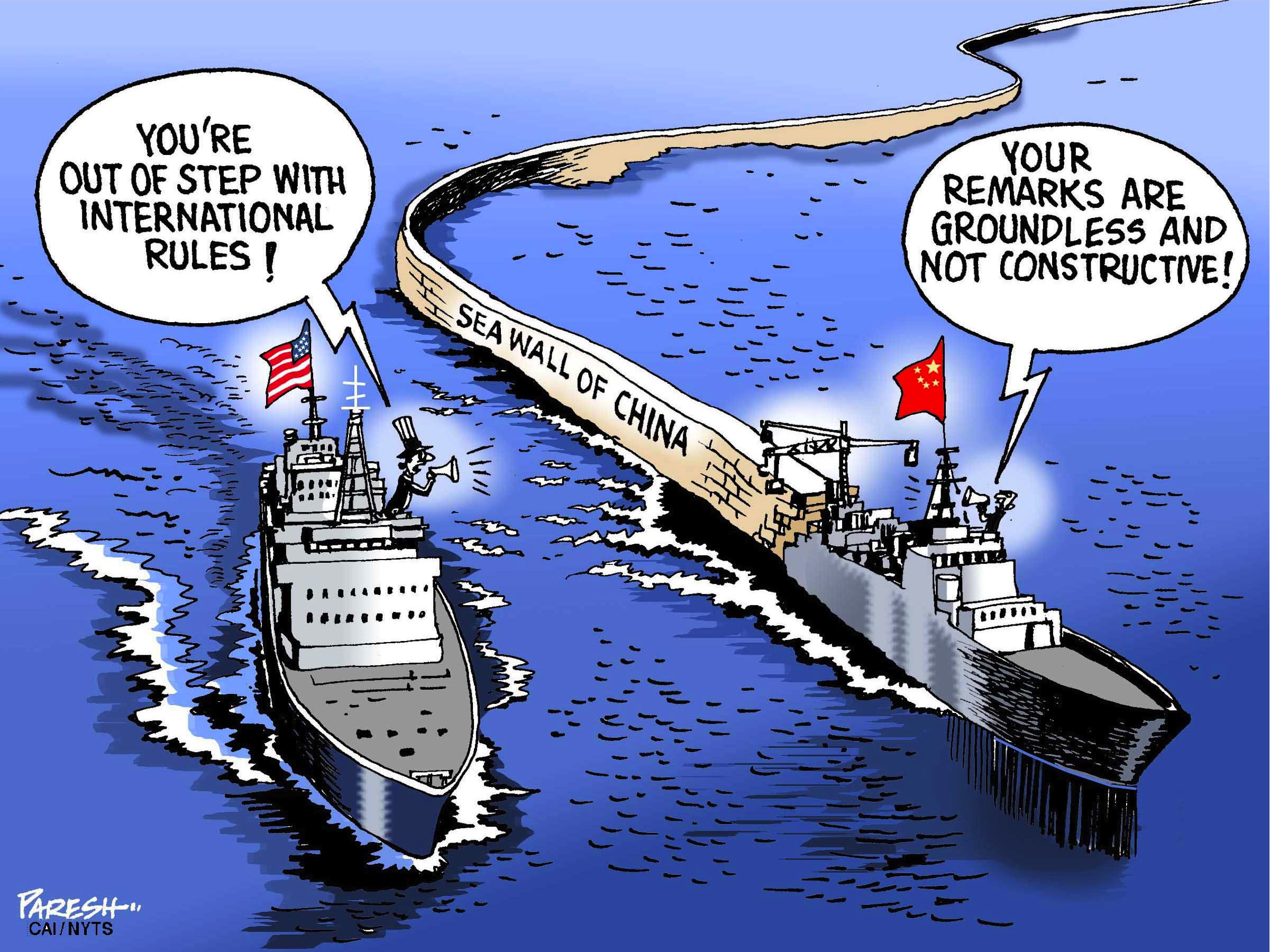China isn't an enemy of the United States. But coercive diplomacy with China today is arguably more complicated than it was with the Soviet Union in the Cold War, at least after the 1962 Cuban Missile Crisis.
One reason for this is that no consensus exists in East Asia on the territorial status quo, as there did between the two Cold War camps in most regions of the world. China, in the center of a region of great importance, has maritime sovereignty disputes with several of its neighbors, including two formal U.S. allies (Japan and the Philippines) and one security partner (Taiwan).
Laboratory research on prospect theory, a psychological exploration of risk-based decision-making, demonstrates that most actors accept much bigger risks and are willing to pay larger costs to defend what they believe is rightfully theirs than to obtain new gains at others' expense. In a world in which conventional conflict could escalate to nuclear war, this human tendency is a force for stability; attacks across recognized boundaries by either side would be risky, and deterrence against such attacks is relatively credible.



















With your current subscription plan you can comment on stories. However, before writing your first comment, please create a display name in the Profile section of your subscriber account page.